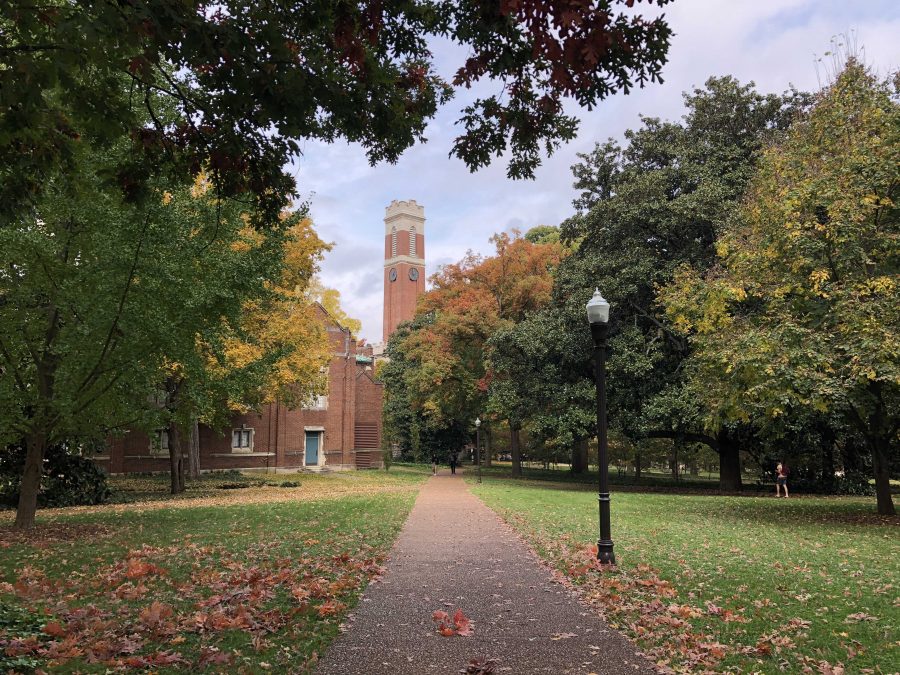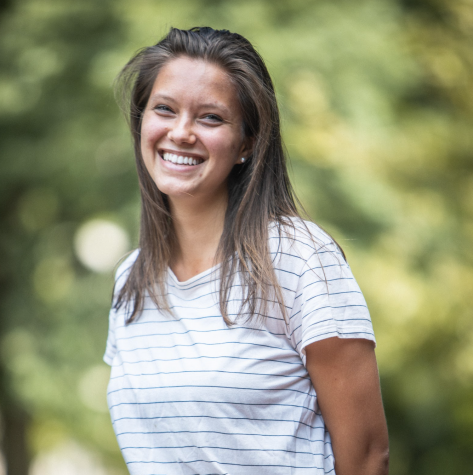Women at Vanderbilt have a new champion in Dr. Cindy Kam.
“Vanderbilt is a place where we need to invest in everyone succeeding, and we need to recognize that there are some barriers to women succeeding as faculty, post-docs, and students,” said Kam, associate chair of Vanderbilt’s political science department and chair of the new Provost’s Steering Committee for Initiatives Focusing on the Status of Women.
The Steering Committee announced its four subcommittees on March 6. Each focuses on one aspect of women’s experience at Vanderbilt: campus climate; pay equity; institutionalized professional practice; and parental leave, childcare, and family-friendly policies.
“Provost Wente deserves all of the credit for moving this forward,” Kam said. “She is Vanderbilt’s first female provost. She is a female scientist and has personal experience– too much of it, I think –dealing with being a woman in the academy.”
Wente asked Kam to lead the Steering Committee, which received its official commission from the provost last December. In January, the Committee held its first official meeting and chose the four subcommittee focuses based on suggestions from the Vanderbilt community and the lived experience of the committee’s members, Kam said.
Dean of the College of Arts and Science John Geer reiterated the importance of the issue and his trust in Kam to lead the charge.
“The university could not be in better hands on this matter,” Geer said.
In February, the subcommittees met to determine their individual goals and timelines. This spring, each will gather data to better understand the challenges facing women at Vanderbilt, Kam said.
The pay equity subcommittee, for example, aims to analyze and report on pay inequity within faculty salaries at Vanderbilt. Meanwhile, the institutionalized professional practice subcommittee aims to complete a leadership scan, identifying to what extent women faculty hold positions of leadership, such as department chairs or deanships.
The steering committee, which meets as a whole each month to discuss the subcommittees’ findings, will most likely exist at Vanderbilt permanently, Kam said.
“We will have work that we’ll be doing in the next few months, but we’ll have work we’ll be doing in the next few years,” Kam said. “This is something I hope lives on for a very long time.”



